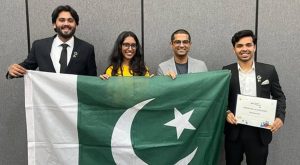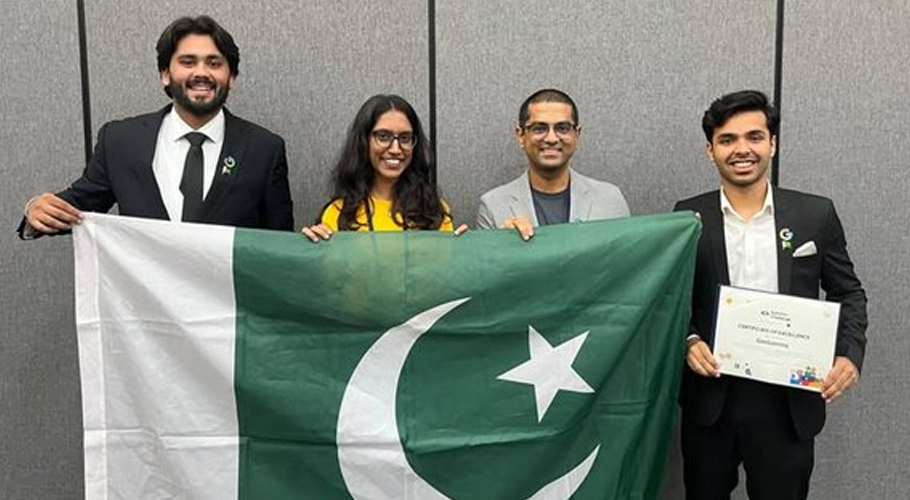BEIJING: A Pakistan researcher at ZJU-Hangzhou Global Scientific and Technological Innovation Center (HIC) in China has unveiled a rechargeable battery which boasts incredibly fast charging capabilities and exceptionally long lifespan.
While highlighting their latest invention, a rechargeable sodium battery, in an interview, Dr. Mohammed Yousaf said, “Driven by the high costs associated with conventional dry batteries and the expensive nature of lithium, which is widely used in batteries globally, there is a need for an alternative solution.
Sodium, abundant and economical, holds great promise as a viable option. With sodium-based technology, our rechargeable battery can reduce costs by 30 to 40%,” introduced Yousaf.
The improved discharge rate and longevity make it suitable for a wide range of applications, including mobile devices, laptops, electric cars, and electric bikes, Yousaf further revealed his ambitious objective of revolutionizing long-distance travel by designing a battery capable of powering electric vehicles for distances between 400 to 500 km, a groundbreaking achievement in the field.
Dr. Yousaf and his team have made significant strides in commercializing their battery technology. “We have already introduced our battery to the Chinese market,” he added.
“The energy and electricity produced in Pakistan and around the world predominantly rely on oil, gas, and coal, leading to significant pollution and the rapid depletion of these finite resources. Solar cells, wind energy, and hydropower are the future,” Yousaf asserted.
Discussing the global energy landscape, he emphasized the urgent need for renewable energy resources. “To support these green initiatives, the focus should be on developing affordable batteries capable of storing renewable energy for extended periods. In the next step, I want to get involved in the energy sector of the China-Pakistan Economic Corridor (CPEC) project and cooperate with Pakistani universities in the research and development of new energy batteries.”


















